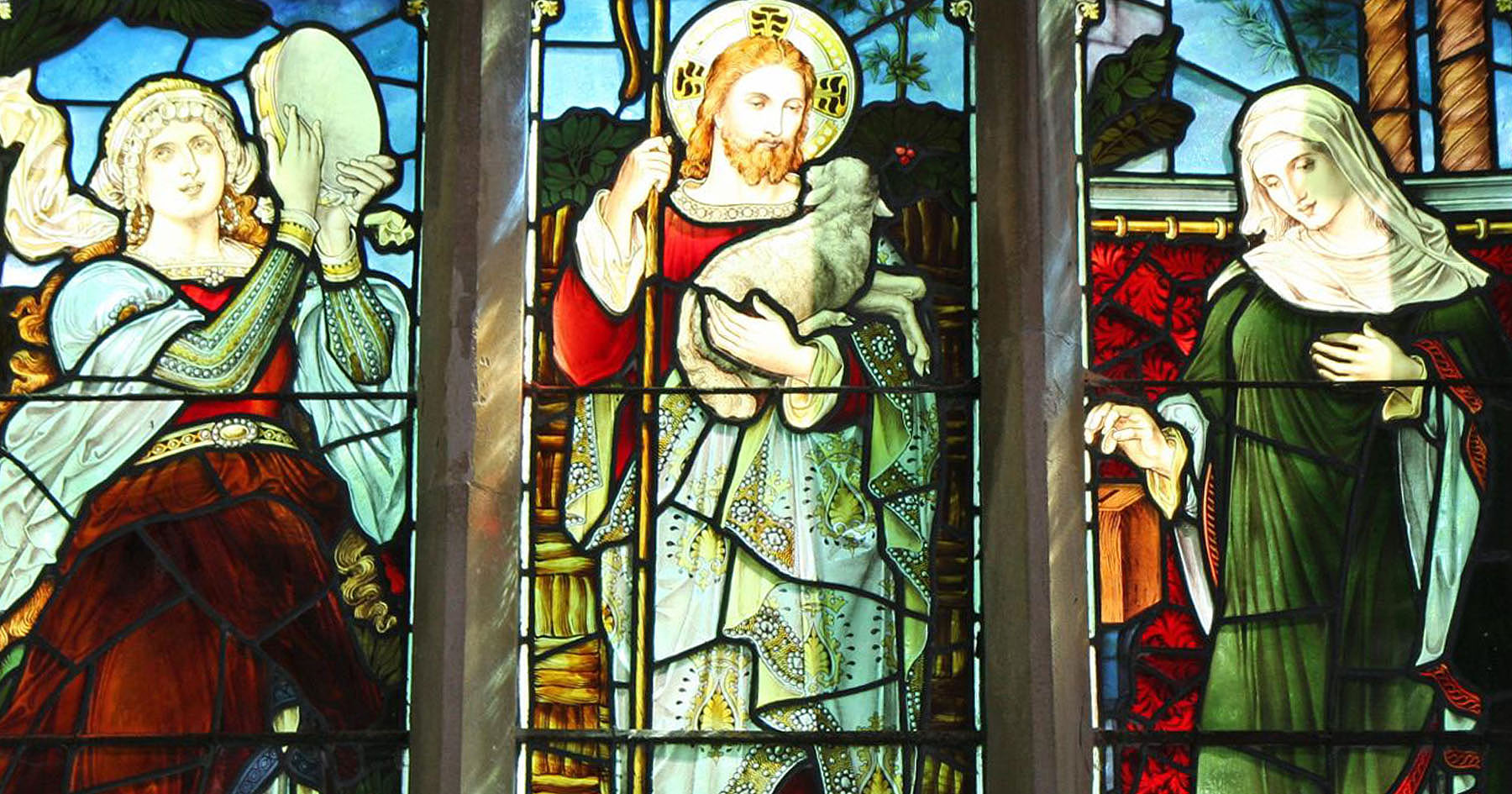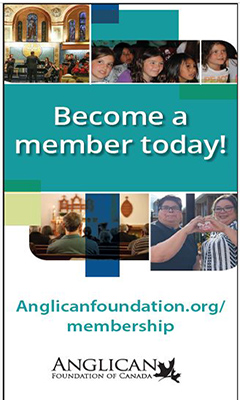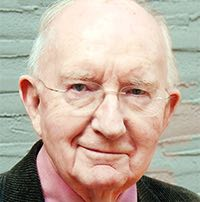A tiny incident — a snatch of conversation heard in a city restaurant across an adjoining table. It’s a spot in which you see a fair number of older people. They come out of low-rise condos and apartments for a morning coffee or an afternoon cup of tea. Most of the time, I notice they are alone. A few of them I know from my own congregation.
An elderly woman is getting up from her table for two, preparing to settle her bill and to leave. Handing the receipt, and in this case, a small amount of cash to the young waitress, she wishes to make some kind of friendly gesture. She smiles and says, “the widow’s mite.” She obviously presumes her allusion will be understood. It isn’t. The waitress, who tries to be helpful and caring, is puzzled. Embarrassed, her customer repeats the phrase “the widow’s mite.” The waitress is still totally mystified. They part with an uncomprehending but kind smile from the young lady, and a sad and slightly embarrassed look from the older woman.
This incident was over in even less time than it took to write it, but it stayed with me. The phrase is from an encounter in Jesus’s life when he is pointing out how a tiny amount of money offered in the temple may well be a real sacrifice for the person giving it — hence the phrase “the widow’s mite.”
I realize that I have just witnessed an example of a great cultural change between two generations. Here in this restaurant, the older person is one of the last generation in Western society much of whose imagery, language and thought are quite unconsciously formed by one of the world’s great libraries — the English Bible. In this encounter just witnessed, we realize that this young woman has lost this richest of treasures. Perhaps it is more correct to say that through no fault of her own she has never found it. The saddest thing of all is that this is true, even if you are not considering the Bible as in any way religiously significant, but merely as a magnificent compendium of literature.




